Announcement: The 2010-2012 Evaluations of Government and Society Study
April 29, 2010
The American National Election Studies (ANES) will be accepting question proposals for inclusion on the first two waves of The 2010-2012 Evaluations of Government and Society Study for six more days. (Please note: Only Registered Users are allowed to post proposals and comments on the Online Commons. If a proposal has multiple authors, every author must be a Registered User before the proposal can be posted.)
Proposals will be accepted until 3:00p.m. EDT, May 5, 2010. The deadline for members of the Online Commons community to comment on proposals is May 12, 2010. The deadline for revisions to proposals is 3:00p.m. EDT on May 19, 2010.
The following describes the goals of this study and provides greater detail about the opportunity to include questions on it.
About The 2010-2012 Evaluations of Government and Society Study
The overarching theme of the surveys is citizen attitudes about government and society. These Internet surveys represent the most cost-effective way for the ANES user community to gauge political perceptions during one of the most momentous periods in American history. Aside from the historic nature of the current administration and the almost unprecedented economic crisis facing the country, we believe it is imperative that researchers assess attitudes about politics and society in the period leading up to the 2012 national elections. Specifically, we have in mind here attitudes about the performance of the Obama administration on the major issues of the day, evaluations of Congress and the Supreme Court, identification with and attitudes about the major political parties, and levels of interest in and engagement with national politics. This is primarily because these perceptions are unmistakably correlated with both presidential vote choice and levels of political participation. We intend to measure each of these topics at multiple points throughout the two-year period preceding the 2012 elections. However in addition to these subjects, we envision that each of these surveys would explore a particular aspect of these political perceptions.
This Study will include five rolling cross-section waves that will allow us the opportunity to pilot new items for possible inclusion on the 2012 time series. By offering multiple opportunities for the user community to place their items on one or more surveys, we will provide the capacity to survey on a diverse set of topics that are relevant to a wide set of research communities. Lastly, the flexibility of these surveys as to both content and timing will allow the ANES to respond promptly to emerging political issues in this volatile period in our country’s history.
About the Online Commons
The design of the questionnaires for The 2010-2012 Evaluations of Government and Society Study will evolve from proposals and comments submitted to the Online Commons (OC). The OC is an online system designed to promote communication among scholars and to yield innovative proposals about the most effective ways to measure electorally-relevant concepts and relationships. The goal of the OC is to improve the quality and scientific value of ANES data collections, to encourage the submission of new ideas, and to make such experiences more beneficial to and enjoyable for investigators. In the last study cycle, more than 700 scholars sent over 200 proposals through the Online Commons. Proposals for the inclusion of questions must include clear theoretical and empirical rationales. All proposals must also clearly state how the questions will increase the value of the respective studies. In particular, proposed questions must have the potential to help scholars understand the causes and/or consequences of turnout or candidate choice. For more information about the criteria that will be used to evaluate proposals, please read the EGSS Criteria. This opportunity is open to anyone who wants to make a constructive contribution to the development of ANES surveys. Feel free to pass this invitation along to anyone (e.g., your colleagues and students) who you think might be interested. We hope to hear from you.
